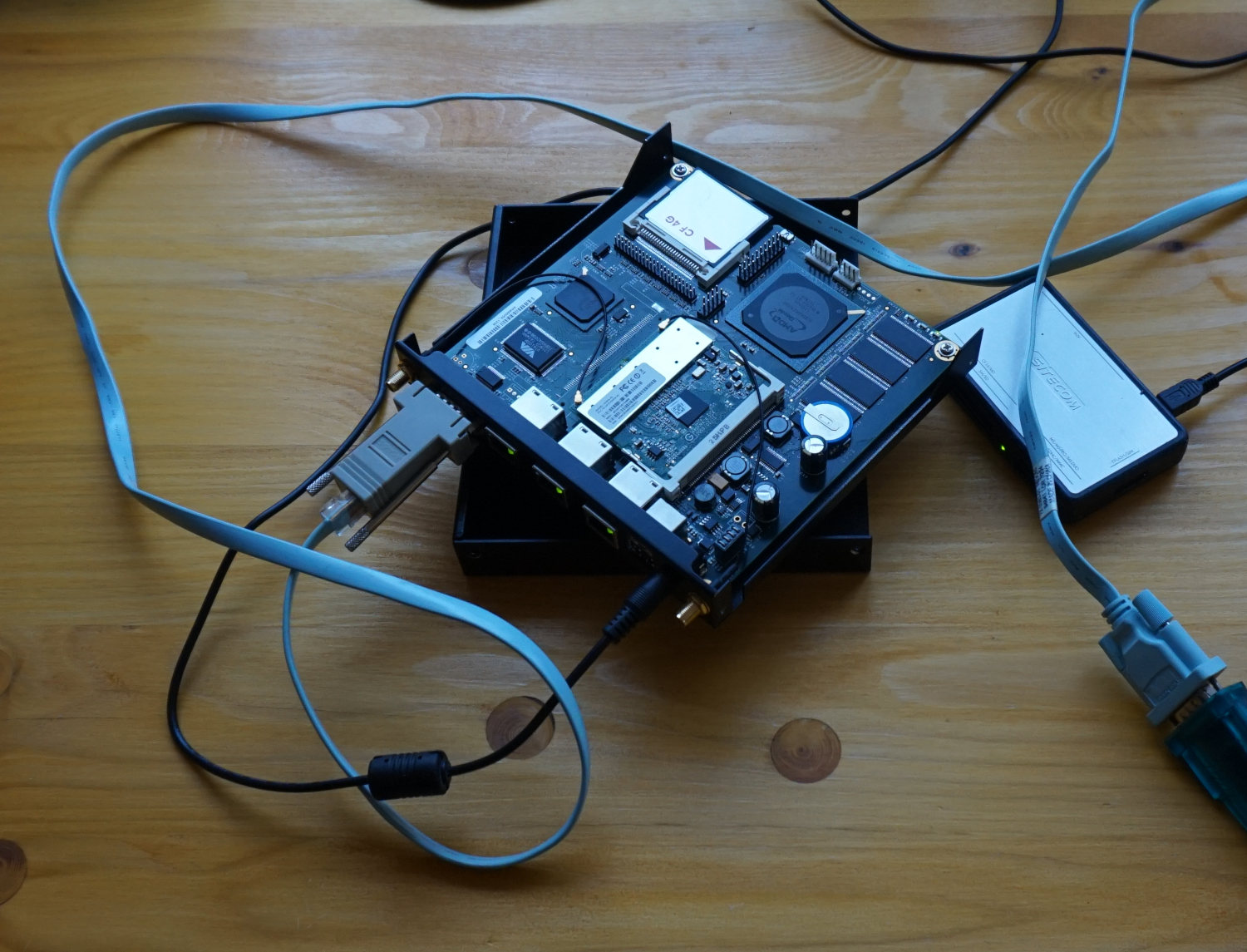Recent posts
Lookat utf8 branch created
I finally made some time work on utf8 support in Lookat (the most requested feature), it is still a work in progress… It’s available at:
Have fun!
Read more...Switch from Libreboot to coreboot
I use(d) Libreboot on my Lenovo W500. And it works fine… but I want to install FreeBSD on it. The GRUB payload Libreboot uses by default isn’t compatible with the FreeBSD bootloader. It is possible to boot FreeBSD from GRUB or try to recompile Libreboot with the SeaBIOS payload. …But I just wanted to play with coreboot, to be honest :-)
Prepare
Read more...Migrate from octopress to jekyll
 I migrated my blog from Octopress to Jekyll. The primary reason is that octopress isn’t maintained any more. I’m sure its great theme will live on in a lot of projects.
I migrated my blog from Octopress to Jekyll. The primary reason is that octopress isn’t maintained any more. I’m sure its great theme will live on in a lot of projects.
I like static webpage creators, they allow you to create nice websites without the need to have any code on the remote website. Anything that runs code has the possibility to be cracked, having a static website limit the attack vectors. You still need to protect the upload of the website and the system(s) that hosts your site of course.
Read more...OPNsense upgrade failed: Out of inodes
I use OPNsense as my firewall on a Pcengines Alix.
The primary reason is to have a firewall that will be always up-to-update, unlike most commercial customer grade firewalls that are only supported for a few years. Having a firewall that runs opensource software - it’s based on FreeBSD - also make it easier to review and to verify that there are no back doors.
When I tried to upgrade it to the latest release - 19.1.7 - the upgrade failed because the filesystem ran out of inodes. There is already a topic about this at the OPNsense forum and a fix available for the upcoming nano OPNsense images.
Read more...




